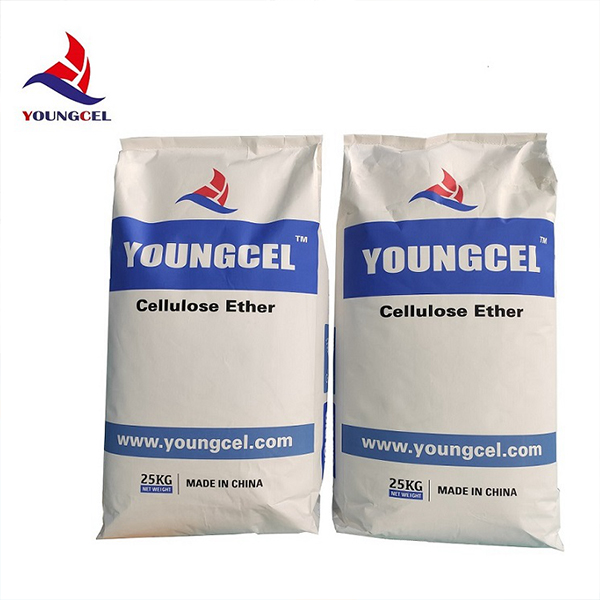The Role of Thickeners in Liquid Soap Formulation
Liquid soap has gained immense popularity for its convenience and efficacy. As consumers seek effective cleaning solutions, formulators are constantly innovating to enhance product performance and aesthetics. One critical component that significantly influences the texture, stability, and usability of liquid soap is thickeners. This article explores the role of thickeners in liquid soap formulation, their types, and their benefits.
Understanding Thickeners
Thickeners are substances that increase the viscosity of a liquid without substantially altering its other properties. In the context of liquid soap, thickeners not only improve the texture but also contribute to the soap's stability, making it easier to dispense and apply. A well-formulated liquid soap should possess an appealing consistency that allows for easy application while providing an adequate lather for effective cleaning.
Types of Thickeners
There are several categories of thickeners used in liquid soap formulations, including
1. Natural Thickeners These are derived from plants and include substances like xanthan gum, guar gum, and carrageenan. Natural thickeners are favored for their biodegradable nature, and they typically contribute to a softer feel in the soap.
2. Synthetic Thickeners Commonly used in commercial formulations, synthetic thickeners such as carbomers and polyacrylic acids provide excellent thickening properties. They are highly efficient and can thicken a small amount without impacting the product's overall composition significantly.
3. Modified Starches These thickeners are often used to achieve desired viscosity levels while ensuring good clarity and stability. They are particularly valuable in formulations emphasizing transparency and a clean appearance.
thickeners liquid soap

Benefits of Using Thickeners
The incorporation of thickeners in liquid soap offers several benefits
1. Improved Viscosity The primary function of thickeners is to enhance viscosity. This improvement ensures that the soap feels luxurious when applied, contributing to a better user experience.
2. Stability Thickeners help stabilize liquid soap formulations, preventing separation of ingredients over time. With the right thickener, formulations can maintain homogeneity, which is important for shelf life and product reliability.
3. Enhanced Lather A thicker formulation can trap air more effectively, leading to better lather production. This is crucial for the perception of cleansing efficacy, as consumers often associate rich lather with effective cleaning.
4. Ease of Use Thicker liquid soaps tend to be easier to dispense and apply, reducing waste and enhancing consumer satisfaction. A well-thickened soap can ensure that the product delivers the right amount without excessive dripping.
5. Versatile Applications Thickeners can be formulated for various types of liquid soap, including personal care, household, and industrial cleaning products. Depending on the required viscosity and performance, formulators can choose the appropriate thickener to meet specific needs.
Conclusion
Thickeners play an indispensable role in the formulation of liquid soap. From improving viscosity and stability to enhancing lather and consumer satisfaction, the choice of thickener can significantly influence the overall performance of the product. As consumers continue to seek effective and user-friendly cleaning solutions, understanding the importance of thickeners will help formulators create high-quality liquid soaps that meet market demands. Whether opting for natural or synthetic alternatives, the selection of the right thickening agent is vital in crafting a superior liquid soap experience.
-
The Application and Significance of Construction RdpNewsMay.19,2025
-
Industrial Grade HpmcNewsMay.19,2025
-
Building Coating Adhesive Building Coating Adhesive HpmcNewsMay.19,2025
-
Application Of Hpmc For Detergent For Detergent In DetergentsNewsMay.19,2025
-
Application Of Hpmc Cellulose In Cement-Based MaterialsNewsMay.19,2025
-
Application Of High Quality Hpmc For Construction In The Field Of ConstructionNewsMay.19,2025




